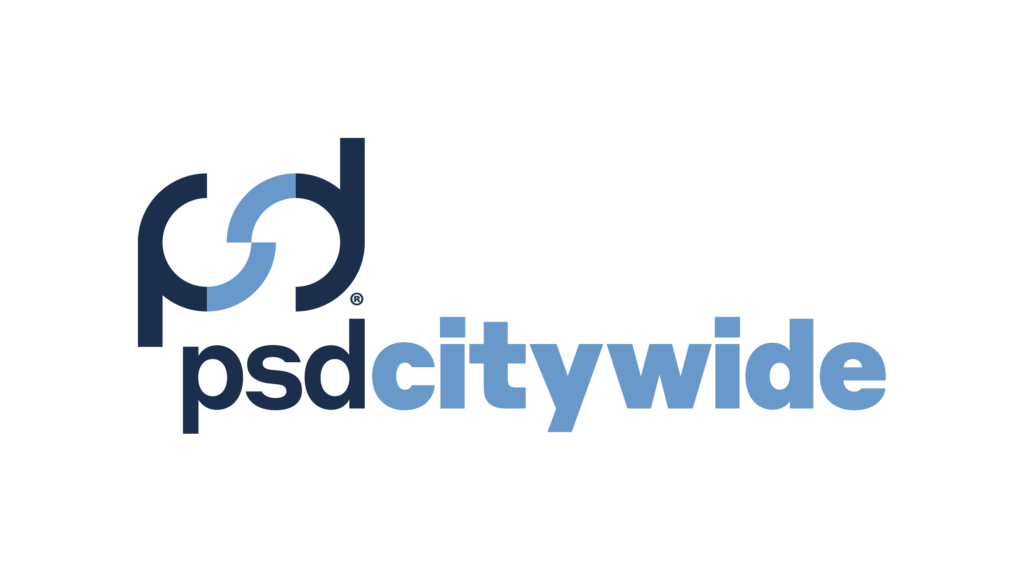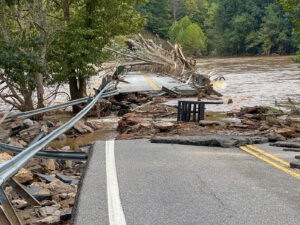It is ironic that we began breathing life, meaning and more serious resources into the long-term management of our physical assets as soon as they began reaching “end-of-life”. We evaluated their condition, began taking a hard look at the effects of years of neglect, the costs of renewal and contemplated life-cycles like never before. Our public municipal assets were measured and ascribed a value – $1.1 trillion or $80,000 per household on average. Clearly, we are all heavily invested.
We had the same late awakening with natural assets – overlooking them until our physical infrastructure was exposed as vulnerable to climate change and tight budgets highlighted the cost-effectiveness and resilience of natural assets like aquifers and wetlands. These natural gifts we had unconsciously relied upon are now being evaluated and ascribed a dollar value. Perhaps once this work is done, we will realize again, that we are all heavily invested.
If this is the approach we are adopting towards our physical and natural assets, how much attention should we be paying to our human assets – the employees, contractors, and volunteers who manage these assets and deliver civic services, the elected officials who allocate associated public resources and set service levels, and the public who own the assets and receive these services? While we are all heavily invested, we will never arrive at a dollar value for this, because human assets are of infinite value.
Surely our appreciation for the infinite should be greater than the finite?
It is for this reason that people are central in the Asset Management BC’s Framework for Sustainable Service Delivery wheel, used widely as a sector best practice guide.
It is for this reason that behind every successful asset management initiative there are people – asset management champions of the cause, such as the founders of provincial AM communities of practice and the many trailblazing practitioners across Canada.
It is for this reason that in 2017 the local government for which I was Chief Administrative Officer became the first to enshrine human assets as vital to sustainable service delivery in the Official Community Plan and was subsequently awarded the Federation of Canadian Municipalities Sustainable Communities Awards for Asset Management.
It is for this reason that at the 2018 Australian Asset Management Council’s conference the government sector asset management practitioners identified “culture” as the greatest obstacle to advancing asset management practices.
It is for this reason that my keynote addresses to both the Asset Management BC’s conference and the Canadian Network of Asset Managers in 2018 and 2019 were on “fostering culture” for good governance and asset management, even going as far to write a book on the topic, Save Your City: How Toxic Culture Kills Community & What To Do About It.
It is for this reason that the Regional of Peel, whose incredible work in embedding an asset management culture spearheaded by Leanne Brannigan and Sam Sidawi, has made it a leader today in Canada with their 2020 Infrastructure Status & Outlook Report showing 86 percent of their $30 billion in infrastructure at the Region’s service target level of Good or Very Good, with no infrastructure in Poor or Very Poor condition. Contrast that with over a third of Canada’s municipal infrastructure in Poor or Very Poor condition.
It if for this reason that former City of Courtenay, British Columbia CAO and AM champion David Allen describes the process by which asset management practitioners concluded that “operationalizing asset management would involve four separate, interconnected initiatives” – namely Collaboration, Capacity, Culture and Council. All of them involve people. And from these four C’s, I draw out Community, which is inherent in the others but worthy of separate mention here. Without public understanding and engagement, the most integrated asset management processes with the best evidence-based political decision making can be derailed by public pushback.
It is for this reason, that organizations seeking to advance their asset management practices conduct culture assessments that pinpoint levels of cultural entropy and serve as a comprehensive culture diagnostic tool and culture change roadmap. Practitioners then move forward with this knowledge and insight to intentionally to foster the type of culture that can support good governance and asset management best practices.
Community building is, after all, a human-centered project. And it starts with civic leaders, from elected officials to staff, committing to build resilient cities–-places where public assets are well stewarded, services are sustainably delivered, and people thrive.
QUESTIONS RESILIENT CIVIC LEADERS ASK
Success in Asset Management requires persistence and can only be achieved by fostering a culture that supports interdependent collaboration and evidence-based decision-making at all levels – from the Council or Board table to the front-line water operator. Resilient civic leaders ask:
- How do we shift our culture from reactive to proactive decision-making and operation?
- How do we align our local government behind a shared purpose and sustainable service delivery?
- How do we manage and address public apathy, or worse, public attack?
- How do we engage in complex systems to transform ideas and practices around good governance, asset management and service delivery?
Are you a Mayor, Councillor, CAO or Senior Staff person and/or Asset Manager wanting to join a national cohort of resilient civic leaders who are fostering this culture at the Council/Board table, in their organizations and in their community?
Learn from civic leaders from across the country including AM BC executive director Wally Wells, natural assets leader CAO Emanuel Machado of the Town of Gibsons to servant leader champion CAO Steve Kanellakos of the City of Ottawa, and experts like Mary W. Rowe, CEO of the Canadian Urban Institute. It is my pleasure to host and deliver this Spring civic academy program.
Cultivate the values and leadership skills required to increase empirical and ethical decision-making and personal, social and environmental wellbeing. A range of skills are covered that strengthen your ability to lead in accordance with your values, fostering trust and social cohesion – the keys to resilient workplaces and communities.
The program is based on cutting-edge developments in the fields of neuroscience, psychology, trauma-informed care, peace and conflict studies and contemplative science. It builds off work done by emotional intelligence gurus Daniel Goleman and Peter Senge, while drawing on the ancient wisdom of political philosophers, sages, and civic leaders through the ages. After all, the ancients knew something we didn’t, as they built their infrastructure to last a thousand years so-to-speak, and much of it survives to this day.
For further discussion on civic leadership and good municipal governance, check out Global Read’s video where Diane speaks on how communities can foster compassion culture.
DIANE KALEN-SUKRA, MA, CMC is an author, speaker, educator, coach and certified culture change consultant with the Barrett Values Centre. Diane’s firm Kalen Consulting inspires and equips leaders to build resilient communities through good governance, asset management, servant leadership, compassionate culture, and civic education.
Subsidiary Kalen Civic Academy hosts Resilient Civic Leadership: Compassionate Integrity Training for Civic Leaders, a university certificate program through the Centre for Compassion, Integrity & Secular Ethics at Life University. This 10-session program shares ancient wisdom for modern city builders, backed by cutting-edge developments in the fields of neuroscience, psychology, trauma-informed care, peace and conflict studies, and contemplative science.
For more, join Diane on social media: LinkedIn | Twitter | Facebook | Instagram | Blog



